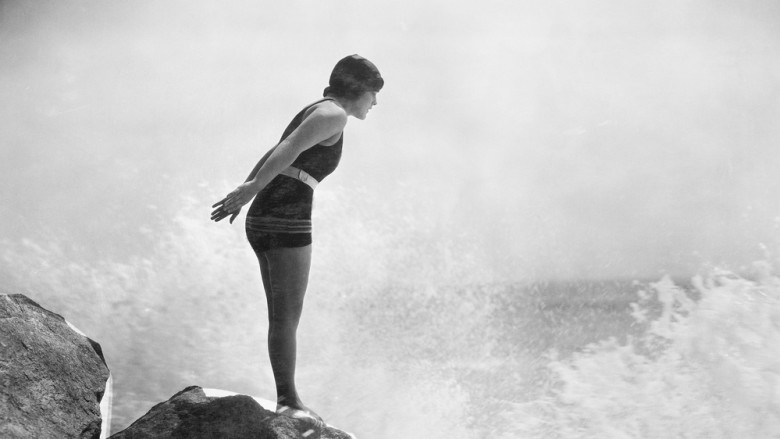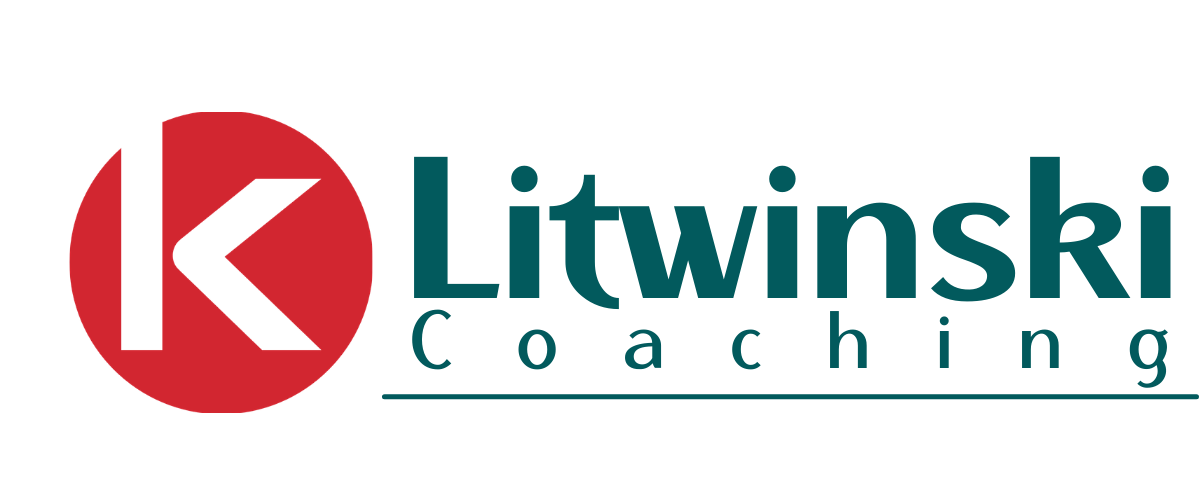
How many times have you lacked courage and given up on something important, hating yourself for it? You probably thought: “It would be easier, if I had more courage” right? Wrong. Courage is not the absence of fear. The key to acting brave is completely elsewhere.
SUMMARY
- Courage is inversely proportional to your focus on yourself. Whether you’re about to make an important presentation (How is it going to come out? Won’t I make an idiot of myself? What if I forget the right words?), or a pay raise talk with your boss – if you are the principal point of your focus, you will need the more courage, the more you stand to lose. But things are different, when doing things for someone else – such as, when in your presentation your focus is on making sure your audience get the benefit instead of on how to impress them.
- Courage is not the absence of fear, but the decision that something else is more important for me than my fear. That decision gives you the strength to do what you fear. Brave people are as afraid as you are, but their fear does not stop them.
- Courage is an emotion that can be trained just like muscle. The more you exercise it, the stronger it becomes. Until one day it becomes a habit and comes with no effort at all. There is an easy way to go about it.
FULL STORY
Your point of view depends on your point of focus.
You’ve been gathering courage since wake up time to go to your boss today to remind him about that raise you’ve been promised for so long. He has actually hinted something about it lately, so you kinda know it should go easy. But you keep finding new things to do first, until you end up telling yourself again: Ok, I’m gonna do first thing tomorrow morning.
But tomorrow morning he is busy and just as the last visitor leaves his office and you are raising from your chair, the door opens and your boss walks out in a hurry. You’re instantly filled with a mixture relief and the heaviness of knowing you will still need to confront this.
Or, you’re on for a presentation before an important client at noon. Minutes before you walk in there, your boss comes by and drops something to the effect he is counting on you like never before, because so much is hanging on this deal.
If you were not yet dead scared before, now you are J. You can feel your blood pressure explode in your head and your brain power shrink, both at the same time. You visualize yourself with the client in a few moments and you know you’re going to blow it royally, because all those smooth words you practiced so well for hours yesterday are suddenly gone…
All these are typical symptoms of fear that remind you how much some courage would now help. It’s your brain’s natural response to danger, that has formed itself in the course of evolution to help you survive. When you brain shoots a load of the stress hormone, cortisol, into your blood system, it will cut off most of the communication routes with the neocortex or the part of the brain that does all your thinking, chooses words etc.
That is exactly where you have stored all those smooth terms and smart expressions that had sounded so well during your private rehearsals. In this way, your brain frees you up from the need, and unfortunately also the opportunity, to search through this vast knowledge repository and thereby reduces your reaction time to save your life in danger. Your whole world is now reduced to just one, simple choice only: fight or flight.
It allows you to make that choice really incredibly fast, but there is little else you are being capable of. Your well rehearsed presentation is now “safely” enclosed in a temporarily unavailable vault inside your head. That’s why no rational thoughts like I am well prepared, because I have rehearsed it so many times are not working too well at the moment, since your entire logic system is offline. What do you do?
I have heard many times from famous artists, stage performers and the like – and you can hear the same also from amateur contestants in various talent shows – that they experience terrible stage fright until the last seconds before the show. Standing in front of the crowd, I am scared to death, but once I start singing, all that disappears and music is the only thing that stays. All my fear vanishes. What has changed? Well, what has changed is the point of their focus – from myself and the desire to impress and shine to something that is more important to me. For every true artist, it will be their art and passion. They sing for the joy of singing more than anything else, like impressing people.
For you, this mechanism can be very helpful especially when you are dealing with another human being, such a client you are presenting to. Assuming your presentation is not bullshit, or you should be justly afraid, focus on the value and benefit to that client in what you are about to show him. Focus on what will help his life, not on shining before them.
After all, no-one is going to listen to you to enjoy your eloquence. However cynical it may sound, you are no more than the slides of your presentation to them: a vehicle to get him or her where he or she needs to get. Is this thing really for me? is the main question rolling in his or her head. If this becomes the most important thing to you, you no longer have anything to fear. Your brain no longer needs to “protect” you and your sane thinking comes back in a flash.
Courage is not the absence of fear
Cowards die many times before their deaths; The valiant never taste of death but once – William Shakespeare
When you lack courage, you may imagine brave people have no fear, but this is not the case. If you are not afraid, you have no need for courage: why would you need it? You need courage precisely when you are afraid, but still decide to go ahead. You take a deep breath and say let’s do it, and then do it. When was the last time this happened to you? And, more importantly, why did you do it, after all? Wasn’t there a reason that seemed more important to you than your fear at the moment? Maybe you were afraid for a while, but that important reason prevailed.
That’s why next time this happens don’t diminish yourself by saying I am not brave. No-one is born brave or a coward. You are brave, or a coward, in a given moment. I am brave, when in spite of my fear I go ahead and do what is right. It’s a conscious choice that right now I am choosing something else to be above my fear.
Intriguingly, the more you practice it, the easier it becomes. Typically, once you do something you feared, you discover afterwards that there was actually not much to fear.
How to train courage
I often hear if I had more courage, I would do this or that. Wrong. Do it, DESPITE your fear. A side effect will be that next time around you will find within yourself exactly the amount of courage it took the first time. Courage practiced in this way accumulates. If you continue doing things that you choose instead of yielding to temporary fear, you will develop a habit of focusing on benefit instead of fear. Brave people are exactly those who have mastered this habit – they may still feel the fear, but it does not affect their choices or course of action.
ACTIONS TO COMPLETE
- Start practicing courage – and start small. Pick 3 things you are a bit afraid to do – and just do them. Take note of how you felt before and after…
Sharing is caring: if you find this helpful or inspiring, share it with your friends.


 RT
RT